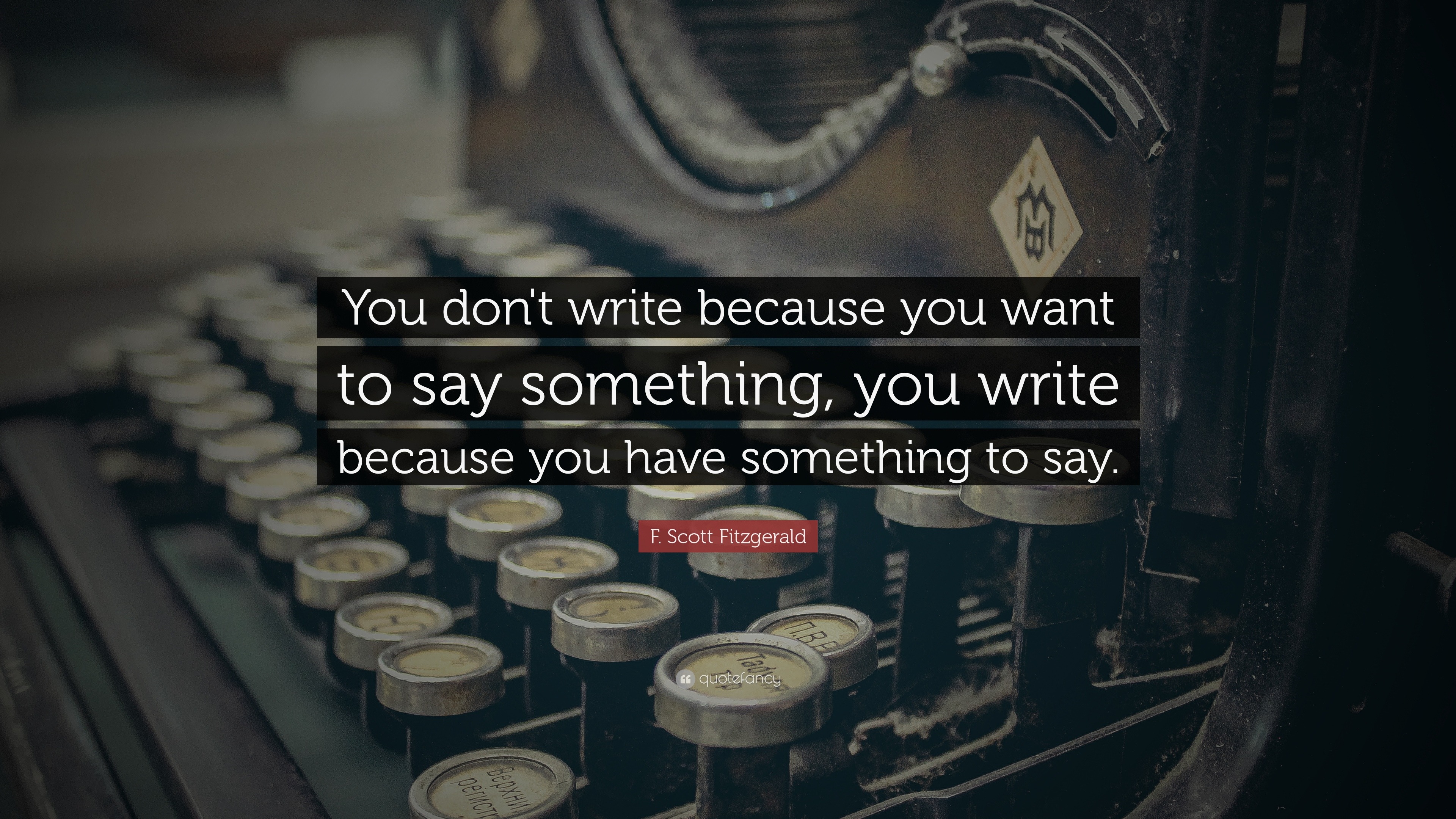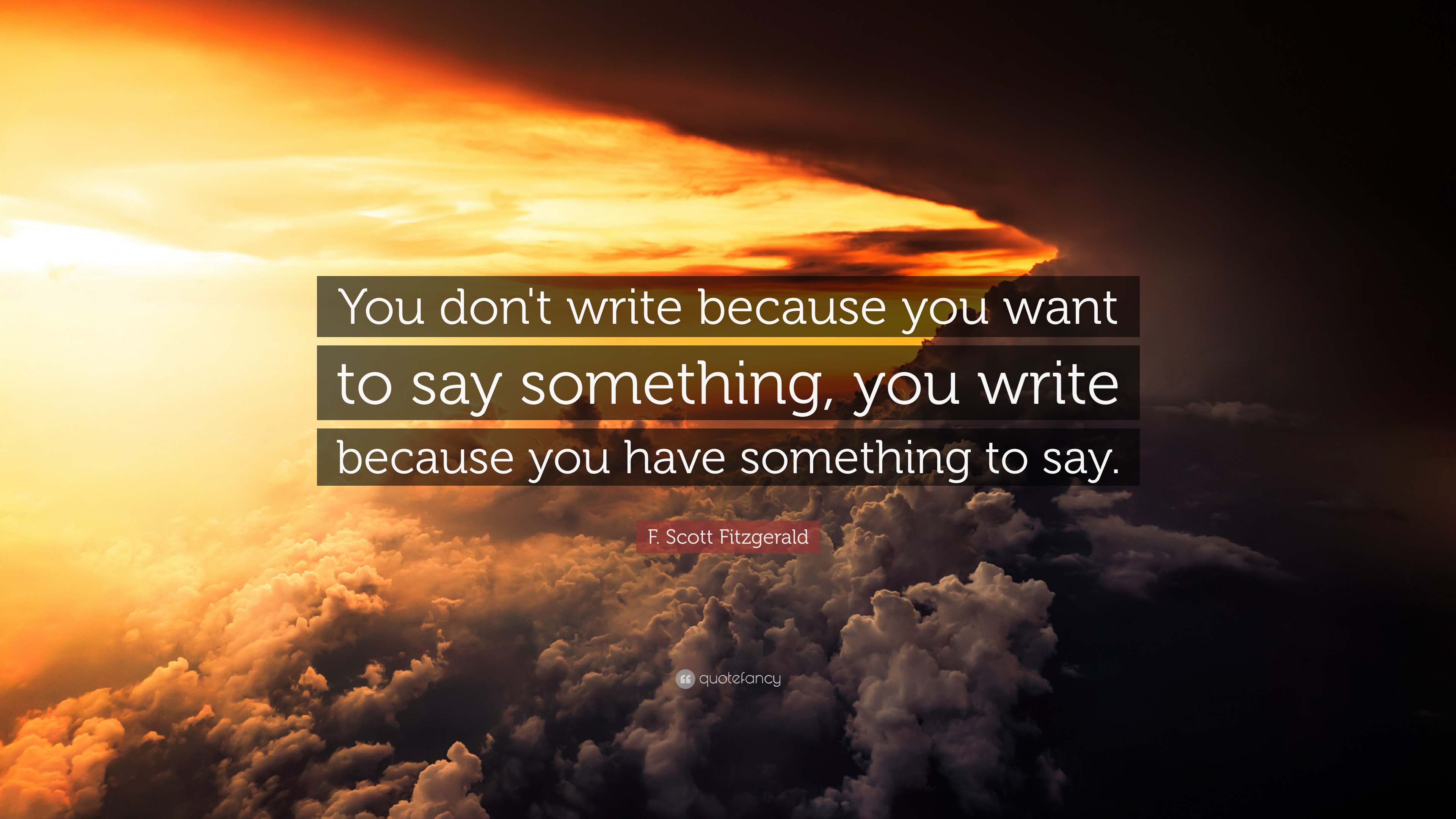Sometimes, life hits you with that dreaded moment when you’re staring at a blank screen, and all you can think is, "I really don’t want to write this paper." It’s not just about procrastination; it’s an emotional battle that every writer has faced at least once. Whether you’re a student, a professional, or someone who’s been tasked with putting words on a page, the struggle is real. But guess what? You’re not alone, and there’s a way to conquer this creative block without losing your sanity.
We’ve all been there. The clock is ticking, the deadline looms, and your brain feels like it’s been stuffed into a blender and turned off. Writing isn’t always glamorous, especially when it feels like pulling teeth. But before you give up entirely, let’s dive into why this happens, how to deal with it, and how to turn that "I don’t wanna" attitude into "I got this!"
This article isn’t just about surviving the paper-writing process; it’s about thriving. We’ll explore strategies, tricks, and even some unconventional methods to help you push through the toughest moments. So grab your favorite drink, sit back, and let’s tackle this together. Your future self will thank you.
- 60th Marriage Anniversary Wishes Celebrating A Lifetime Of Love And Dedication
- Mansion On Hutchinson Island The Ultimate Getaway Destination
Table of Contents
- Why Do I Really Don’t Want to Write This Paper?
- The Struggles of a Reluctant Writer
- Common Problems Faced by Writers
- Finding Motivation When It’s Nonexistent
- Effective Strategies to Overcome Writer’s Block
- Tools That Can Help You Get Started
- Shifting Your Mindset for Success
- Boosting Productivity Through Routine
- Taking Breaks Without Guilt
- Final Thoughts and Next Steps
Why Do I Really Don’t Want to Write This Paper?
Let’s face it: there are plenty of reasons why you might be avoiding that paper. Maybe it’s the sheer size of the task, the lack of inspiration, or even fear of failure. Whatever the reason, it’s important to acknowledge it before moving forward. Here are a few common culprits:
Perfectionism Strikes Again
Perfectionism can be both a blessing and a curse. While it pushes you to do your best, it can also paralyze you with fear of making mistakes. If you find yourself stuck because nothing feels good enough, remember that perfection doesn’t exist. Just start writing—edit later.
Overwhelmed by Expectations
High expectations, whether self-imposed or external, can weigh heavily on your shoulders. When you feel like the world is watching, it’s easy to freeze up. But here’s the thing: no one’s perfect, and people appreciate effort more than they care about perfection.
- Lamorne Morris Net Worth 2024 A Closer Look Into The Career And Wealth Of A Hollywood Star
- Abigail Simon Jose Diaz A Journey Through Fame Love And Legacy
Fear of Criticism
Who hasn’t dreaded feedback? Constructive criticism is essential for growth, but it’s tough to handle when you’re emotionally invested. The key is to separate yourself from your work. Your worth isn’t tied to every single word you write.
The Struggles of a Reluctant Writer
Before we dive deeper, let’s talk about the life of someone who says, "I really don’t want to write this paper." It’s not just about laziness—it’s a complex mix of emotions and circumstances. Below is a snapshot of what life looks like for a reluctant writer:
Biographical Snapshot
| Aspect | Details |
|---|---|
| Name | Reluctant Writer |
| Age | Varies |
| Profession | Student, Freelancer, or Professional |
| Challenges | Procrastination, Writer’s Block, Perfectionism |
| Strengths | Creativity, Passion, Determination |
As you can see, the reluctant writer isn’t defined by their struggles alone. They have strengths that, when harnessed correctly, can lead to incredible achievements.
Common Problems Faced by Writers
Let’s break down some of the most common issues that make writing feel like pulling teeth:
- Writer’s Block: That dreaded mental wall where ideas just won’t flow.
- Time Management: Balancing multiple tasks while trying to meet deadlines.
- Lack of Focus: Distractions galore—social media, snacks, Netflix, you name it.
- Motivation Drain: Feeling uninspired or disconnected from the project.
Sound familiar? Don’t worry; we’ve got solutions coming up next.
Finding Motivation When It’s Nonexistent
Motivation isn’t something that just appears out of thin air. Sometimes, you need to create it yourself. Here are a few tricks to get those creative juices flowing:
Set Small Goals
Instead of aiming for perfection right off the bat, focus on small, achievable goals. Write 100 words today, then build from there. Baby steps add up over time.
Use Positive Reinforcement
Reward yourself after completing a section. Treat yourself to a snack, a quick walk, or a few minutes of scrolling through your favorite app. Positive reinforcement works wonders!
Change Your Environment
If your usual workspace isn’t cutting it, switch things up. Go to a café, park, or library. A change of scenery can do wonders for your creativity.
Effective Strategies to Overcome Writer’s Block
Now that we’ve talked about motivation, let’s dive into some actionable strategies:
Freewriting
Set a timer for 10 minutes and write whatever comes to mind without stopping. Don’t worry about grammar, structure, or coherence. This exercise helps loosen up your thoughts and gets the ideas flowing.
Mind Mapping
Create a visual representation of your ideas. Start with a central theme and branch out into subtopics. This technique is great for organizing your thoughts and identifying connections between ideas.
Collaborate
Sometimes, bouncing ideas off someone else can spark inspiration. Find a friend, mentor, or peer to discuss your project with. Two heads are better than one!
Tools That Can Help You Get Started
In today’s digital age, there are countless tools designed to assist writers. Here are a few worth checking out:
- Grammarly: An essential tool for catching grammar and spelling mistakes.
- Notion: A versatile platform for organizing notes, research, and drafts.
- Trello: Perfect for tracking progress and managing tasks visually.
- Focus@Will: Music tailored to boost concentration and productivity.
These tools can make the writing process smoother and less daunting.
Shifting Your Mindset for Success
Your mindset plays a crucial role in how you approach writing. Here are a few tips to help you shift from "I really don’t want to write this paper" to "Let’s do this!"
Embrace Imperfection
Perfection is a myth. Accept that your first draft won’t be perfect—and that’s okay. The goal is to get something down on paper, not to create a masterpiece right away.
Focus on Progress, Not Perfection
Every word you write is progress. Celebrate each milestone, no matter how small. Progress is the key to eventual success.
Practice Gratitude
Take a moment to appreciate the skills and resources you have. Gratitude can shift your perspective and motivate you to keep going.
Boosting Productivity Through Routine
Routines are powerful tools for boosting productivity. Here’s how you can create one that works for you:
Create a Writing Schedule
Set aside specific times each day for writing. Consistency is key to building momentum and forming habits.
Eliminate Distractions
Turn off notifications, put your phone on silent, and create a distraction-free environment. Every interruption takes you further away from your goals.
Track Your Progress
Keep a journal or use an app to track your daily word count or tasks completed. Seeing progress visually can be incredibly motivating.
Taking Breaks Without Guilt
Breaks are vital for maintaining productivity and avoiding burnout. Here’s how to take them without feeling guilty:
Use the Pomodoro Technique
Work in focused intervals (e.g., 25 minutes), followed by a short break. This method keeps you productive while preventing exhaustion.
Engage in Physical Activity
A quick walk, stretch, or workout can refresh your mind and body, making it easier to return to writing with renewed energy.
Practice Mindfulness
Meditation or deep breathing exercises can help clear your mind and reduce stress, allowing you to tackle writing with a clearer head.
Final Thoughts and Next Steps
Writing doesn’t have to be a chore. With the right mindset, strategies, and tools, you can transform that "I really don’t want to write this paper" feeling into excitement and confidence. Remember, progress trumps perfection every time.
Here’s a quick recap of what we’ve covered:
- Identify the reasons behind your reluctance to write.
- Implement strategies like freewriting, mind mapping, and collaboration.
- Use productivity tools and routines to stay on track.
- Take breaks to avoid burnout and maintain focus.
Now it’s your turn. Start small, celebrate your progress, and don’t forget to share your experience in the comments below. And hey, if you found this article helpful, why not share it with a friend who might be struggling too? Together, we can conquer the writing beast one word at a time.



Detail Author:
- Name : Prof. Olin Veum
- Username : raynor.meta
- Email : mwehner@yahoo.com
- Birthdate : 2004-02-01
- Address : 85172 Josh Station Suite 661 New Zolafort, IA 03297-8297
- Phone : (606) 845-2852
- Company : Kling, Gerlach and Bayer
- Job : Fabric Mender
- Bio : Eos amet optio quo ratione harum. Aperiam voluptatem nemo officiis dolorem. Et consequatur laboriosam nihil aut reprehenderit. Hic eum dolores qui possimus.
Socials
twitter:
- url : https://twitter.com/jakubowski2010
- username : jakubowski2010
- bio : Veniam asperiores eos sed rerum. Quo eos ea ipsa ad eos qui ut. Amet et vero sint quia perspiciatis dolorem.
- followers : 5883
- following : 2479
instagram:
- url : https://instagram.com/rhiannon_dev
- username : rhiannon_dev
- bio : Dolorem velit quia mollitia magnam odit. Ut dolor ut officiis consequuntur nam.
- followers : 5961
- following : 2211
facebook:
- url : https://facebook.com/rjakubowski
- username : rjakubowski
- bio : Et voluptatem id rerum ut. Eaque deleniti ad rerum quaerat aut porro pariatur.
- followers : 3959
- following : 1246
tiktok:
- url : https://tiktok.com/@rhiannon8140
- username : rhiannon8140
- bio : Qui laudantium molestiae ex modi aut aut voluptatem.
- followers : 3187
- following : 1392